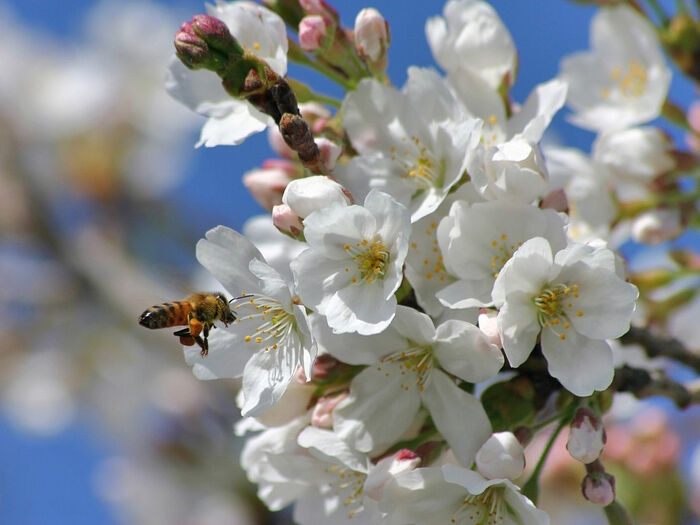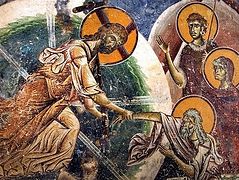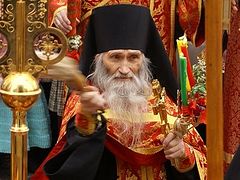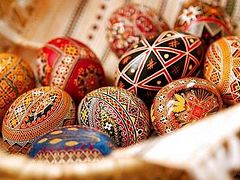Last month, a Baptist preacher writing in The New York Times spoke of the “disturbing and unsettling” idea that God could “bring dead things to life.” His message turned to healing race relations, a social interpretation of Western Easter. Similarly, a Roman Catholic bishop opined for The Wall Street Journal about “the strangeness of Easter” and the empty tomb. His reflection was more about human puzzling over the ambiguity of someone rising from the death. The resurrection of Christ is indeed the center of all biblical faith. The raising of the dead is seen in Jesus’ miracles. But the mystery of Pascha is more than disturbing or strange, or even political; it is the unwavering belief that God would raise himself from the dead, and bring all creation with him. That is a metaphysical statement which is out of step with today’s clever commentaries on religion. “Orthodox Easter” will likely go unnoticed by our influential newspapers this year, in part because it came late and the secular spring rituals are finished, and because Pascha is utterly dumbfounding to the world.
Pascha is actually part two of a three-part gift from God, a triptych written into creation. In the beginning was the Word, and He was with God (Jn. 1). The Word is the Creator, He who made heaven and earth, the visible and invisible, and then us. We are His image and likeness, drawing our life from Him, and also communion with Him. Though sin enters into creation through human devices, that sacred conversation is not interrupted. And in the fullness of time the Word re-approaches His creation by becoming a man, becoming like us in all things but sin. St. Athanasius compares this divine return to a king visiting a city and taking up residence therein. The city is ennobled and dignified while its criminals flee in fear as their power is broken (De Incarnatione, 35). Similarly, the God-man, Jesus Christ, lived among us revealing in himself the path to eternal life: “I am the way, the truth, and the life. No one comes to the Father except through Me” (Jn. 14:6). This scripture reaches fulfilment in Christ’s death and resurrection, which is the repairing of creation. “He was wounded for our transgressions, bruised for our iniquities; and by His stripes we are healed” (Is. 53:5; 1Pet. 2:25).
Pascha is life over death, or in the language of the Fathers, recapitulation, the re-ordering of humanity for life without death. “For since by man came death, by Man also came the resurrection of the dead” (1Cor. 15:21). Jesus, the Son of Man, fulfills the long-awaited expectation that we shall not die but live. St. Paul is adamant that Christ’s resurrection makes possible our resurrection: “Behold, I tell you a mystery: We shall not all sleep, but we shall all be changed— in a moment, in the twinkling of an eye, at the last trumpet. For the trumpet will sound, and the dead will be raised incorruptible, and we shall be changed. For this corruptible must put on incorruption, and this mortal must put on immortality. So when this corruptible has put on incorruption, and this mortal has put on immortality, then shall be brought to pass the saying that is written: ‘Death is swallowed up in victory’” (1Cor. 15: 52-54).
No wonder Pascha is called radiant and beautiful. But there is a third gift that completes the plan of salvation, namely, the revelation of the Holy Spirit. That part of the regeneration story will be told in these pages next month.
For now, Christ is Risen! Bestowing life!




